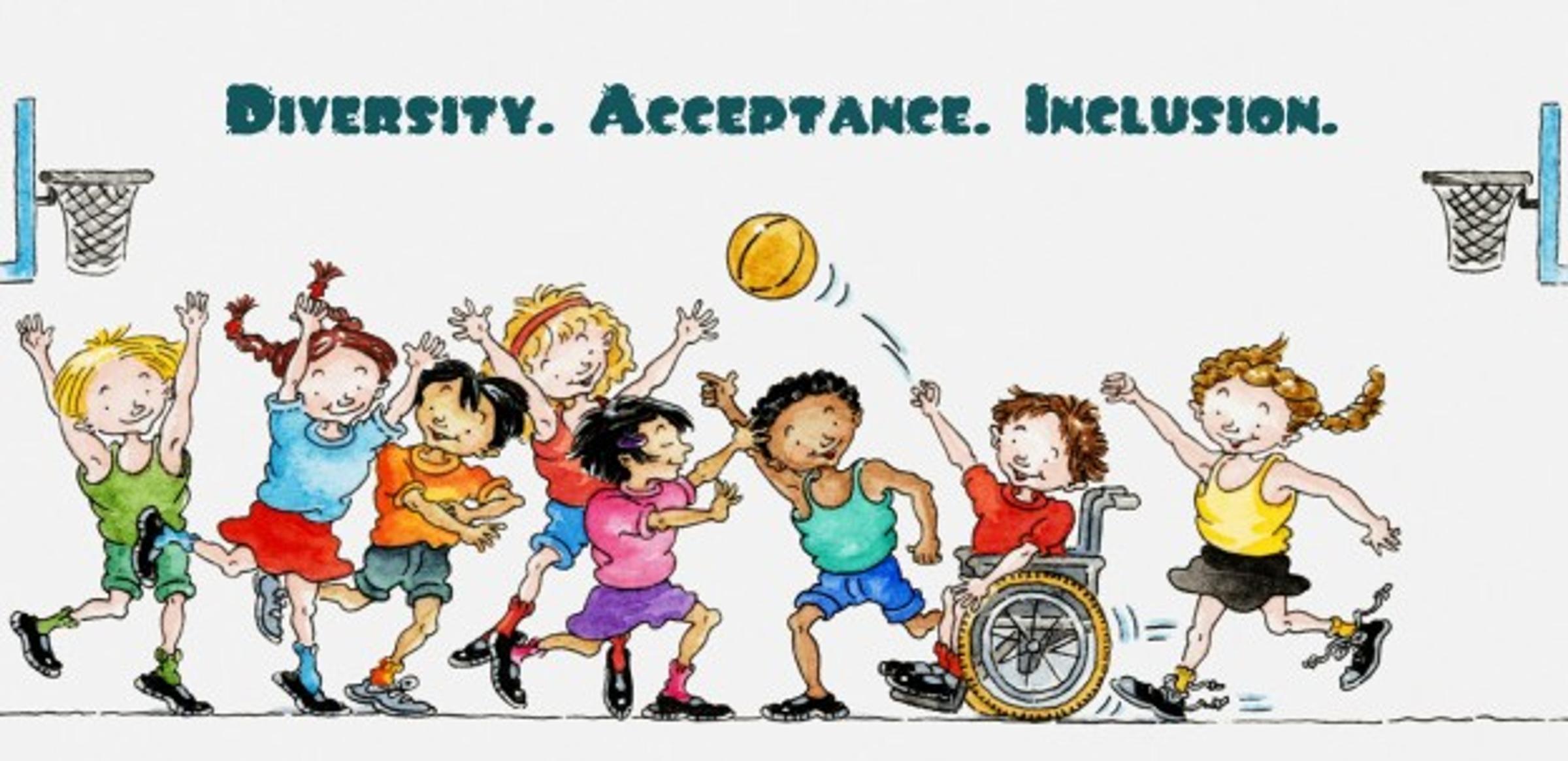Student Support

Self Regulation
The end of year is drawing close, we're constantly reminded how much we should be preparing for Christmas, it's hot, there's little rain and bushfires a part of everyday news reports. It isn't any wonder we might be feeling overwhelmed! Children can't help but be aware of what's going on around them and particularly the way those closest to them react to these factors. At these times, regulating their own emotions can be just too difficult. Modelling for children, how to manage your stresses and emotions in a positive manner is the best way of building resilience skills for both your child and yourself. Below is information from the BeYou site outlining some positive self-regulation strategies.
https://beyou.edu.au/fact-sheets/social-and-emotional-learning/self-regulation
What is self-regulation?
Helping children and young people manage their emotions is important for fostering positive mental health and wellbeing. Self-regulation is learning about your own feelings and emotions, understanding how and why they happen, recognising them (and those of others), and developing effective ways of managing them.
When children and young people learn to self-manage their emotions, they feel more confident, capable and in control. They have stronger relationships, are more able to pay attention, learn new things and can cope better with the normal stresses and disappointments of daily life.
Self-regulation in childhood
In their early years, children are just beginning to learn about emotions and feelings, and how to manage them. From time to time, most young children display behaviours such as aggression, emotional outbursts and inattention. Gradually, children learn which situations are likely to upset them and how they can handle their emotions better when these situations arise. This learning continues into adolescence.
Individuals are unique
Children vary in the way they perceive, respond and interact with the world around them. They vary in how they switch between moods (with some taking longer and needing more help than others to recover from being upset), how they respond to new situations (some dive straight in while others tend to withdraw and observe from a distance), and how
long they can concentrate for.
Hormones
Children’s ‘feel good’ hormones (serotonin) are higher when they experience life in their own way and in their own time. Over-scheduled children can feel rushed from one thing to another, causing stress and tiredness. High levels of stress hormones (cortisol) lessen the child’s ability to concentrate, manage conflict, problem-solve and try new things. Children who’ve experienced higher levels of stress in their preschool and primary years show more aggression and anxiety and aren’t as socially competent than those who’ve experienced less stress. The good news is it’s never too late for children to learn about developing their coping skills and building resilience.
Self-regulation in adolescence
In secondary school, young people experience more complex situations and relationships. For more information visit https://beyou.edu.au/ They still need support in understanding and managing their feelings.
Brain development
By adolescence, the amygdala (the part of the brain associated with emotions, impulses, aggression and instinctive behaviour) is well developed. However, the brain’s pre-frontal cortex (responsible for our ability to plan and think about the consequences of actions, solve problems and control impulses) doesn’t fully develop until a person is in their mid- 20s. As a result, young people’s brains typically rely
on the amygdala to make decisions and solve problems, particularly in emotionally charged situations.
For this reason, adolescents are more likely to:
• act on impulse
• misread or misinterpret social cues and emotions
• engage in dangerous or risky behaviour.
How can you help?
Children and young people need repeated experiences of having their needs met by a caring adult.
Warm, trusting and responsive care helps children to respond with appropriate emotions, internalise a positive view of themselves and others, and learn appropriate behaviour. Children and young people also develop self-management skills by watching and experiencing how other people manage their emotions. Here are some tips about how you can support the development of self-management in
children and young people.
Explicitly teach skills
• Talk about ways of managing upsetting situations.
• Help them to develop strategies to use when they’re feeling out of control.
• Help them express their emotions in productive ways (for example, by drawing or acting out their feelings).
• Practise mindful breathing with older children and young people.
• Explore the immediate and long-term consequences of actions.
• Promote empathy by talking about emotions and understanding how people will have different reactions to events depending on their circumstances.
• Teach problem-solving and decision-making skills. Talk about emotions
• Acknowledge and respond to emotional communication.
• Role-model how you manage your own feelings.
• Talk about strategies to manage strong or uncomfortable emotions. Promote a calm environment Environment contributes to children and young people’s self-management. Promote a calm, welcoming and encouraging environment by:
• providing structure and predictability
• establishing age-appropriate routines and limits
• avoiding competitive experiences for young children
• including relaxation breaks in the day
• encouraging ways to release tension they might be holding in their body
• demonstrating calmness and staying in control of your own feelings and behaviours – self- awareness allows you to maximise your positive interactions with children and young people and better manage situations where they ‘push your buttons’.
